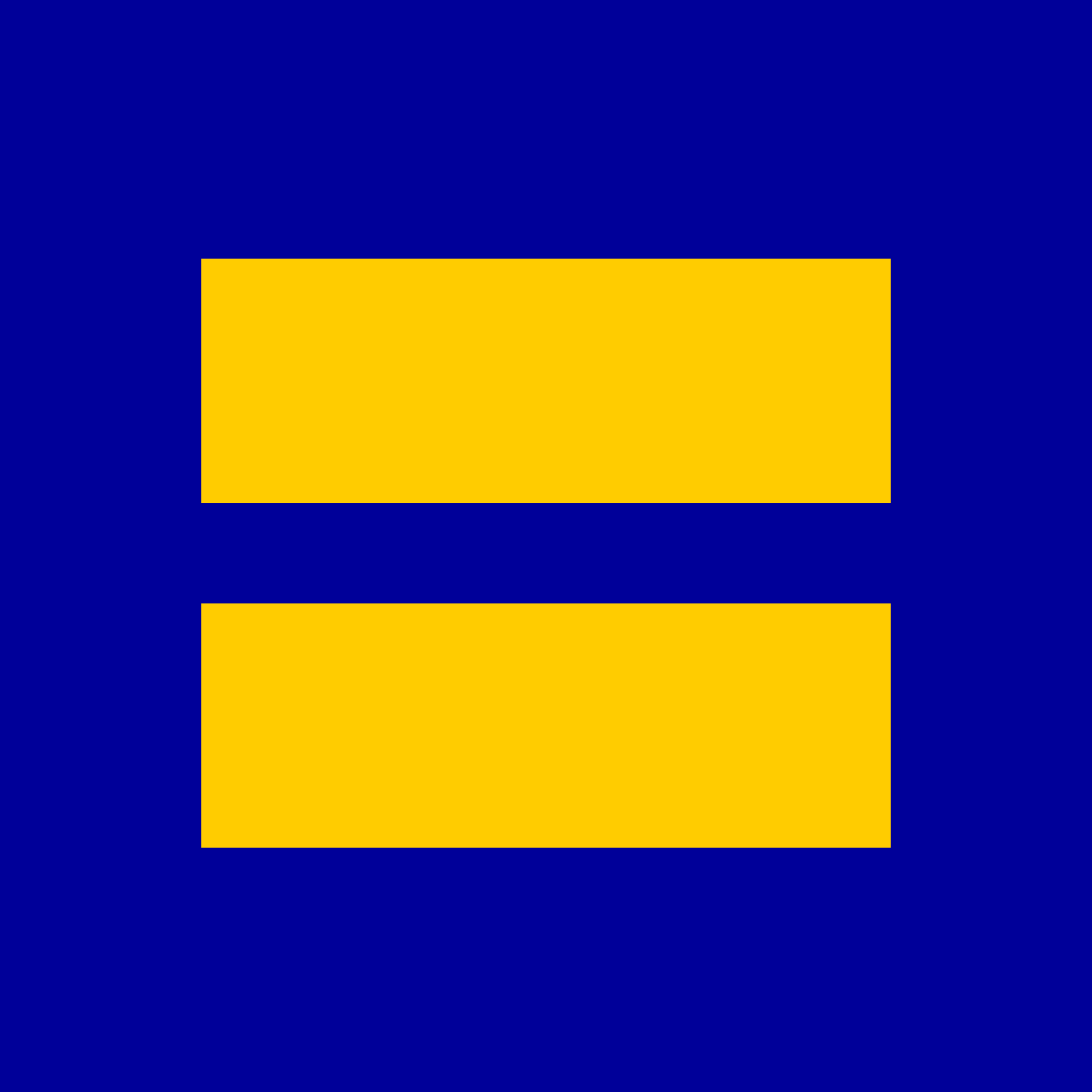Modern Law for the Week Ending June 26, 2015
Saturday, June 27, 2015
This week I devote the entire newsletter to the Supreme Court decision declaring bans on same-sex marriage unconstitutional. I try to provide a variety of viewpoints despite the fact that I agree with the general assertion that the Constitution does not permit bans on the marriage of two consenting unrelated adults.
I also thought it prudent to include in this week’s introduction my own in-depth legal analysis of the ruling, which I have worked on for years in anticipation of today’s decision and present now in its voluminous and intellectually unassailable entirety:
Huzzah!
Now, on with the links.
Supreme Court Gay Marriage Ruling: The Highlights
Here are highlights from Friday's 5-4 Supreme Court decision legalizing same-sex marriage across the country.
This is for the folks who don’t relish the idea of sitting down with a 100-page Supreme Court opinion and a third cup of coffee for lunch.
Religious Groups Vow to Fight Gay Marriage Despite Supreme Court
Religious and conservative leaders opposed to same-sex marriage say their fight over the issue won't end with Friday's Supreme Court ruling that effectively legalized the practice nationwide.
My grandmother taught me that when I don’t have anything nice to say, I shouldn’t say anything at all.
So [ THIS SPACE INTENTIONALLY LEFT BLANK ].
Transcript: Obama's remarks on Supreme Court ruling on same-sex marriage
This decision will end the patchwork system we currently have. It will end the uncertainty hundreds of thousands of same-sex couples face from not knowing whether they're marriage, legitimate in the eyes of one state, will remain if they decide to move or even visit another.
I always thought that very uncertainty was far worse than moral opposition to same-sex marriage. Moral opposition can be understood in terms of how someone was raised, how passively or actively they embrace confirmation bias or (more common than the other two among politicians, I suspect) the need to appeal to a particular constituency.
But the uncertainty of interstate differences in marriage law has a profound practical (and detrimental) effect on myriad decisions same-sex couples have to make all the time about issues like travel, employment and estate planning.
John Roberts's full-throated gay marriage dissent: Constitution 'had nothing to do with it'
"If you are among the many Americans -- of whatever sexual orientation -- who favor expanding same-sex marriage, by all means celebrate today's decision. Celebrate the achievement of a desired goal. Celebrate the opportunity for a new expression of commitment to a partner. Celebrate the availability of new benefits. But do not celebrate the Constitution. It had nothing to do with it."
Chief Justice Roberts' dissent suggests that he may have considered things differently if he were in a legislator’s shoes but thinks it inappropriate for the Court to decide the issue. That’s a distinction worth thinking about, too. It is possible to morally support a right to same-sex marriage but also take the position that the Supreme Court is not the appropriate venue for governmental affirmation of that right.
PDF: OBERGEFELL ET AL. v. HODGES, DIRECTOR, OHIO DEPARTMENT OF HEALTH, ET AL.
Here’s the entire opinion in PDF form, for the folks who do relish the idea of sitting down with a 100-page Supreme Court opinion and a third cup of coffee for lunch.
Image via Human Rights Campaign

#Law #Articles #lgbtq #Modern Law #SCOTUS #same-sex marriage #gay marriage